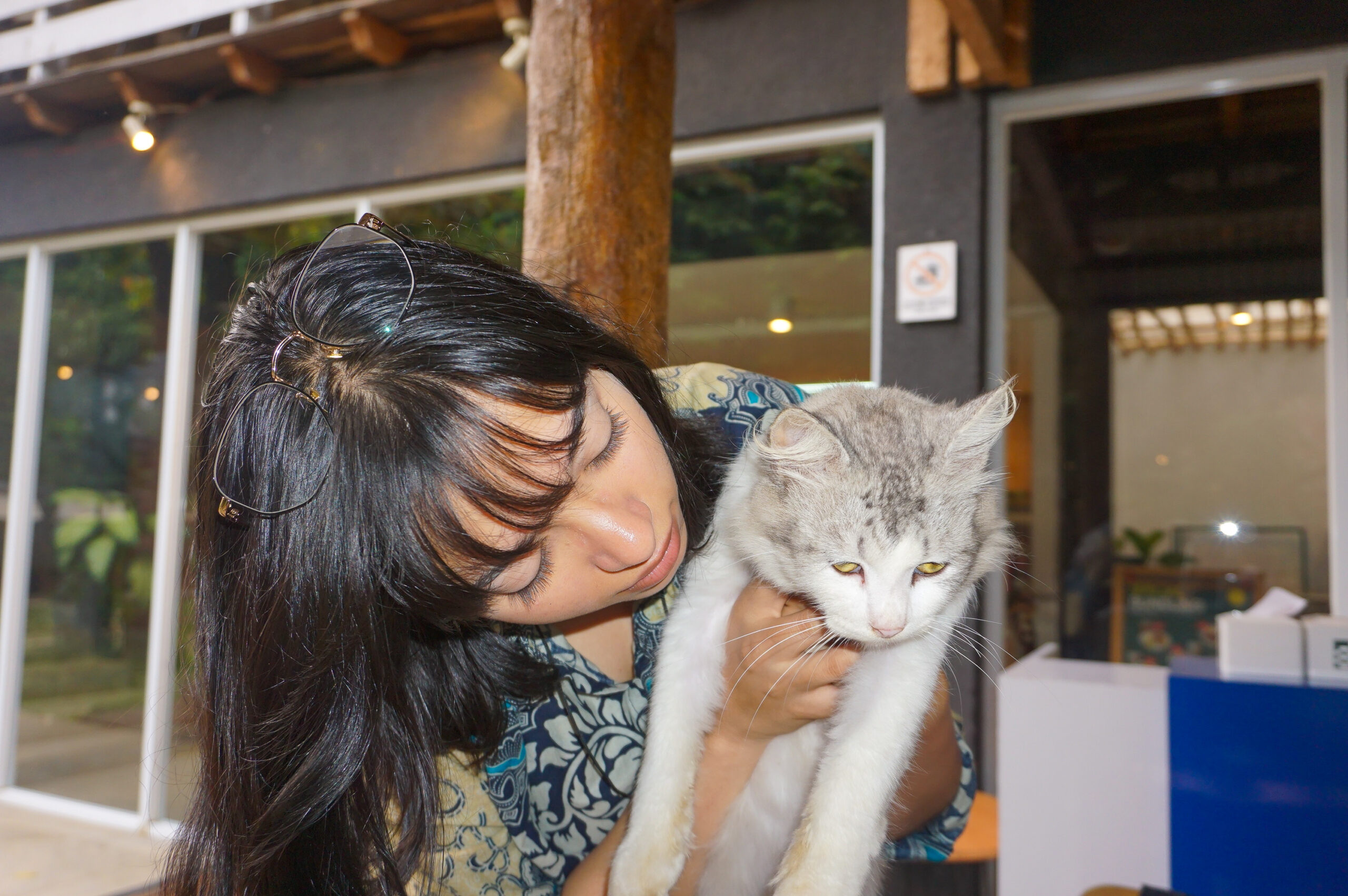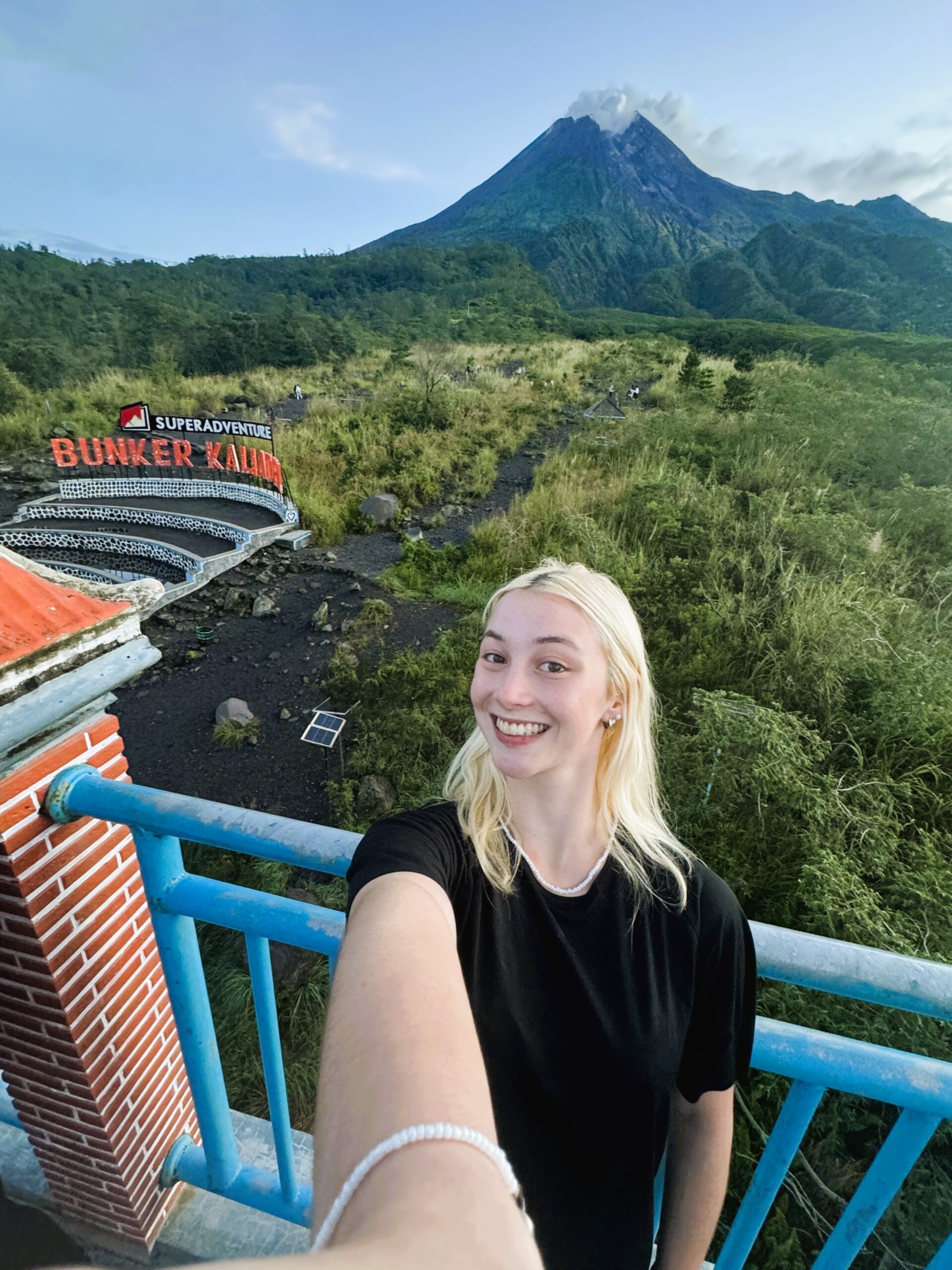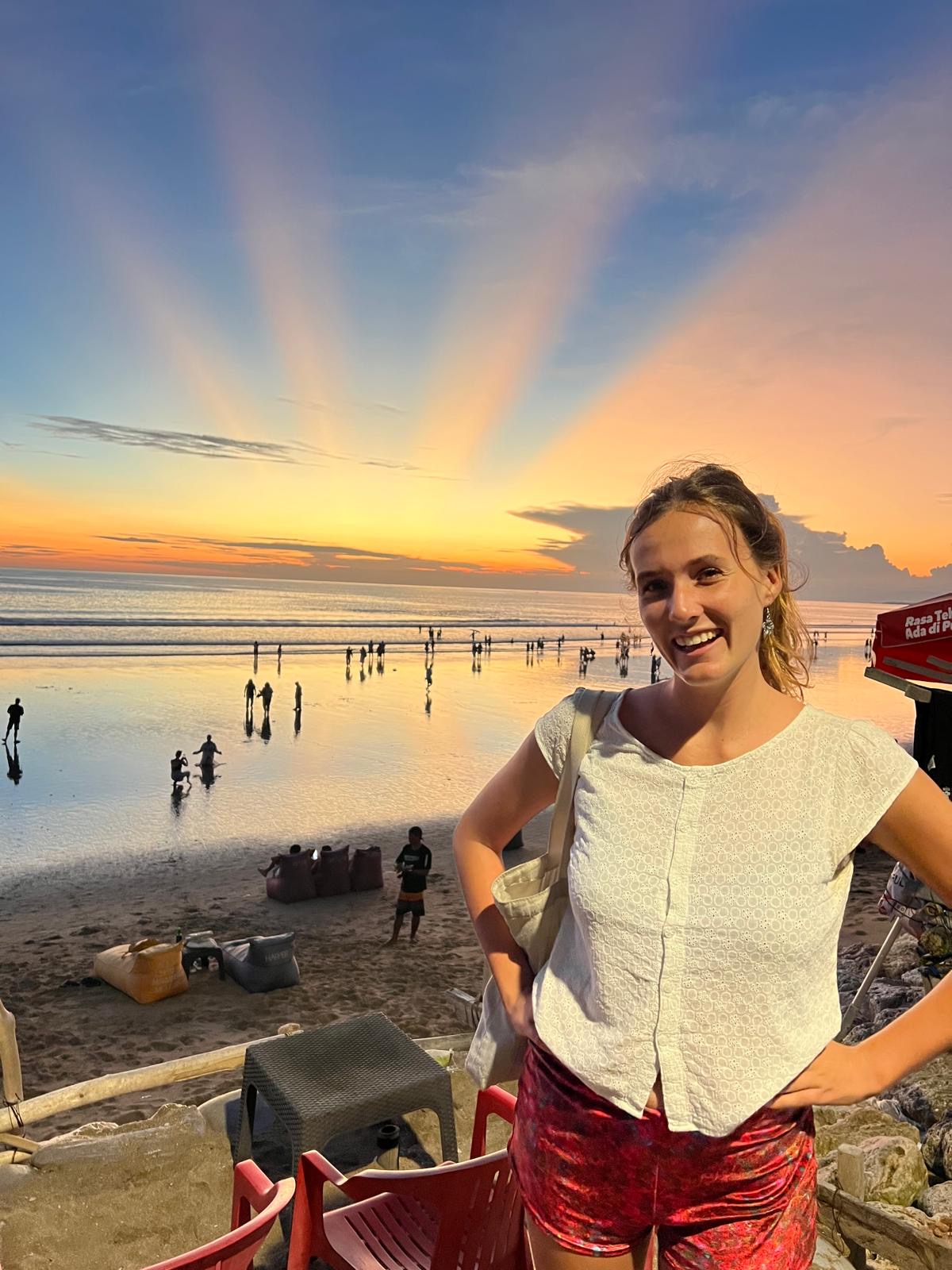Preashika Dhakal is a New Colombo Plan Mobility Grant recipient from The Australian National University. Preashika undertook the International Relations Program (IRP) in 2024.
Q: Why did you decide to undertake the Acicis program?
I decided to undertake the ACICIS program to gain firsthand experience in Indonesian culture, enhance my academic and professional skills, and broaden my global perspective through immersive learning and cultural exchange.
Q: Did you receive a New Colombo Plan Mobility Grant? If so, how did this contribute to your experience in Indonesia?
Yes, I received a New Colombo Plan Mobility Grant, which significantly enhanced my experience in Indonesia by providing financial support that allowed me to fully immerse myself in the culture, participate in additional learning opportunities, and explore the country without financial stress.
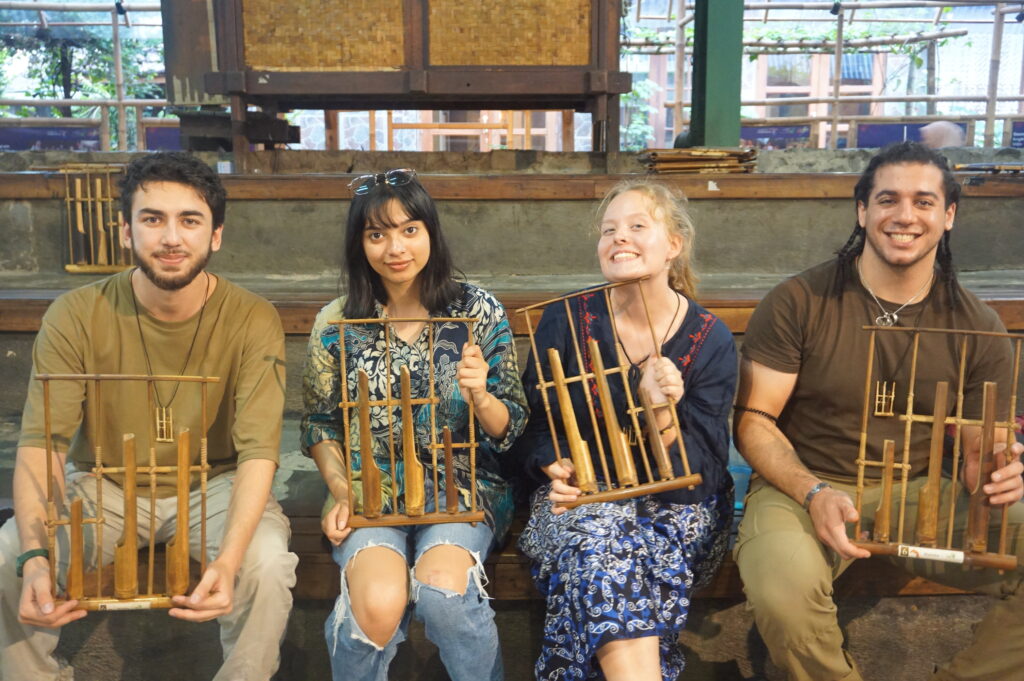
Q: What classes/units are you currently enrolled in?
I am currently enrolled in the following classes:
Global Politics: This course explores the complex dynamics of global political systems, international relations, and the impact of global issues on state and non-state actors.
Security Studies: This unit examines various aspects of national and international security, including theories and practices related to conflict, defense, and strategic studies.
International Organisations: This class focuses on the role, function, and impact of international organisations, such as the United Nations and the World Trade Organization, in global governance and international cooperation.
Indonesian Foreign Policy: This course delves into Indonesia’s foreign policy, its historical context, strategic interests, and the country’s role in regional and global affairs.
Q: Are you involved in any clubs/societies at the university?
I am not currently involved in any clubs or societies at the university. However, during my time in Indonesia, I participated in the Australia-Indonesia Youth Exchange Program (AIYEP) and regularly played badminton, which enriched my overall experience.
Q: How will the knowledge and experience of International Relations gained through this program influence your future career or study?
The knowledge and experience of International Relations gained through this program will profoundly influence my future career and studies by enhancing my cultural competence, building a valuable professional network, and honing my analytical skills. Immersion in Indonesian culture and Southeast Asian politics has deepened my understanding of global dynamics, while improved language proficiency in Bahasa Indonesia will aid in effective international communication. These experiences inspire further academic pursuits in international policy-making, diplomacy, and global governance, guiding my career path towards roles that require a nuanced understanding of international relations.
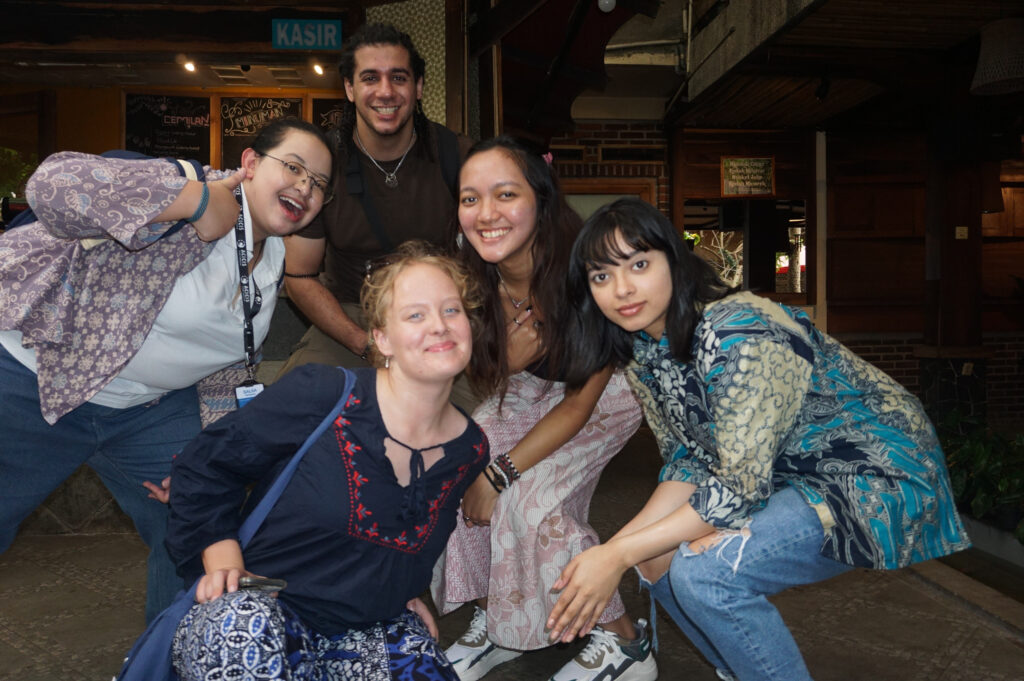
Q: Did you undertake an internship or volunteering while in Indonesia?
Yes, during my time in Bandung, I undertook an internship at the Resilience Development Initiative (RDI), a prominent Indonesian think tank focused on sustainable development and resilience-building. Within the Outreach and Communications Unit under the guidance of Syukron Subkhi, I contributed to creating content, organizing events, and assisting in the development of outreach strategies. This experience provided invaluable hands-on learning in international communications and public relations, enhancing my understanding of Indonesia’s socio-economic challenges and the importance of sustainable development practices. Overall, I found the internship at RDI to be enriching and impactful for my professional growth and career aspirations in international relations.
Q: What do you like to do in your spare time in Bandung?
In my spare time, I enjoy reading books on a variety of topics, exploring new music genres, and experimenting with cooking different cuisines. I also like to stay active by playing sports like badminton or going for walks in nature. Occasionally, I indulge in creative hobbies like painting or writing short stories.
Q: What is your favourite Indonesian food?
One of my favorite Indonesian foods is sate, particularly chicken sate (sate ayam). The combination of tender, marinated chicken skewers grilled to perfection and served with delicious peanut sauce and rice cakes (ketupat) is absolutely delightful. As for my favorite place to eat sate, I enjoyed trying it at local street food stalls in Indonesia, where the authentic flavors and bustling atmosphere added to the experience.
Q: Did you get to explore Indonesia during your program?
During my semester so far, I have had the opportunity to visit various places in Indonesia, primarily exploring Bandung extensively and also visiting Karimun Jawa. Each destination offered a unique cultural and natural experience, from the vibrant city life of Bandung to the serene beauty of Karimun Jawa’s islands and beaches.
Q: Favourite Indonesian word/phrase? Why?
One of my favorite Indonesian words is “santai,” which means “relaxed” or “chill” in English. It encapsulates the laid-back and easy-going attitude that resonates throughout Indonesian culture, reminding me to take things in stride and enjoy the present moment.
